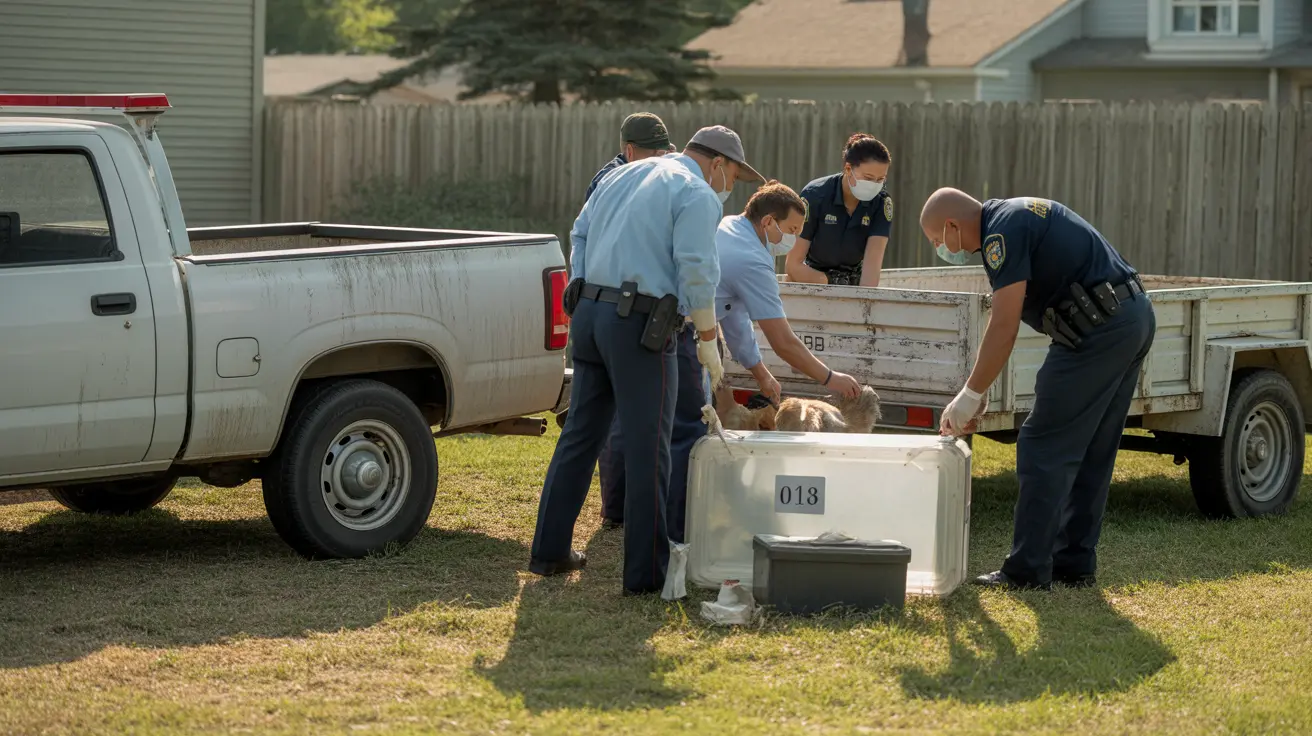Understanding the Cost of Treating Feline Tooth Resorption
Feline tooth resorption is a painful and progressive dental condition affecting a significant percentage of adult cats. Treatment typically requires professional veterinary care and often involves surgical intervention, including tooth extraction or crown amputation. The cost of managing this condition can vary significantly depending upon the severity, number of affected teeth, types of procedures involved, and the veterinary clinic.
What Is Tooth Resorption in Cats?
Tooth resorption is the breakdown of dental tissue, starting from the root and eventually affecting the crown. It is primarily seen in cats over five years of age and is increasingly recognized as a leading cause of feline oral pain. There are three radiographic types (Type 1, 2, and 3), each influencing the treatment approach and associated cost.
Factors Affecting Treatment Cost
- Diagnostic Imaging: Dental radiographs under anesthesia are essential for identifying the extent and type of resorption. This may cost between $100 and $300.
- Anesthesia: A full oral exam and the required surgical procedures are conducted under general anesthesia, adding another $100 to $250 to the bill.
- Type and Number of Teeth Involved: Extraction of individual teeth can range from $300 to $1,000 per tooth based on complexity, particularly if complete root removal (Type 1) is required.
- Crown Amputation Procedure: For Type 2 lesions, crown amputation (retaining the resorbing root) tends to cost slightly less than full extraction.
- Location and Veterinary Practice Rates: Urban veterinary facilities generally charge higher rates than rural clinics.
Breakdown of Average Costs
Here’s an estimated breakdown of typical costs associated with treating feline tooth resorption:
- Initial consultation and exam: $50 - $100
- Dental x-rays and bloodwork: $150 - $400
- Anesthesia and monitoring: $100 - $250
- Tooth extraction or crown amputation: $300 - $1,000 per tooth
- Medications (pain relief, antibiotics): $30 - $100
Altogether, treating a single affected tooth can range from $500 to $1,500, particularly in more complex cases requiring multiple extractions or advanced diagnostics.
Treatment Options and Their Costs
- Complete Tooth Extraction: Especially for Type 1 lesions where the root remains intact—more extensive surgery and costlier.
- Crown Amputation: Suitable for Type 2 resorption; less invasive when roots are already resorbing. This may reduce anesthesia time and surgery costs.
- Monitoring: In some early-stage cases, especially root-only lesions causing no pain, your vet may recommend monitoring, although eventual treatment is often necessary.
Why Is Treatment Essential?
Untreated tooth resorption causes significant oral pain, often masked by a cat's natural stoicism. Symptoms like drooling, difficulty chewing, bleeding, and behavioral changes indicate discomfort. Early diagnosis and treatment improve quality of life and reduce long-term expenses.
Preventive Dental Care
- Annual or biannual vet dental exams
- Professional cleanings every 6–12 months
- Home dental care, including tooth brushing
- Monitoring for behavioral or dietary changes
While no methods are proven to prevent tooth resorption entirely, maintaining overall oral health might minimize progression.
In Summary
- The cost to treat feline tooth resorption ranges from $500 to $1,500 per tooth depending on variables like procedure type and diagnostics required.
- Timely diagnosis through dental radiographs and professional veterinary intervention is critical to managing pain and preserving your cat’s well-being.
- While costly, intervention improves your cat’s comfort and prevents deterioration of oral health.
Pet owners should plan for possible dental expenses and consult their veterinarian if signs of tooth pain emerge. Pet insurance plans may help cover some of these dental procedures if included in the coverage.





